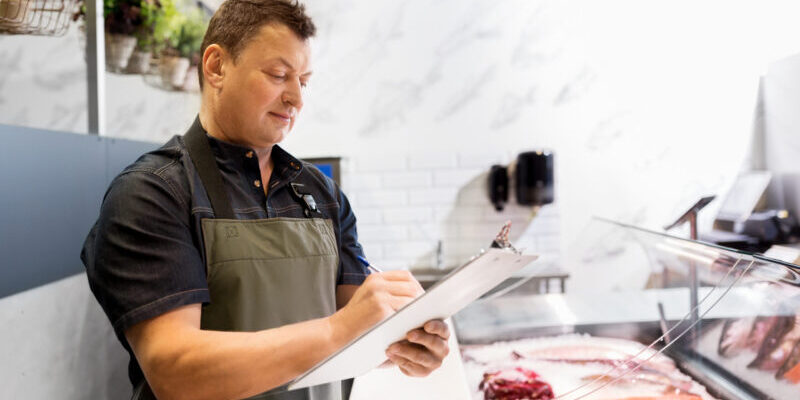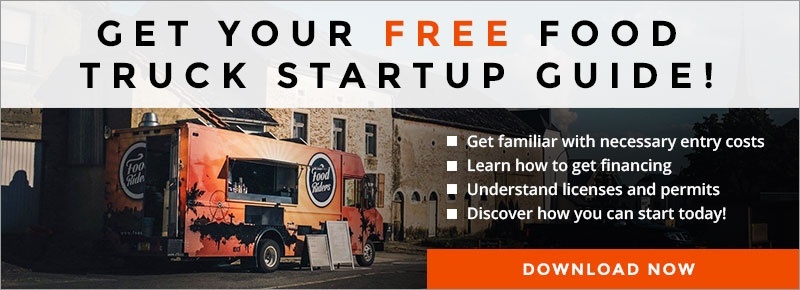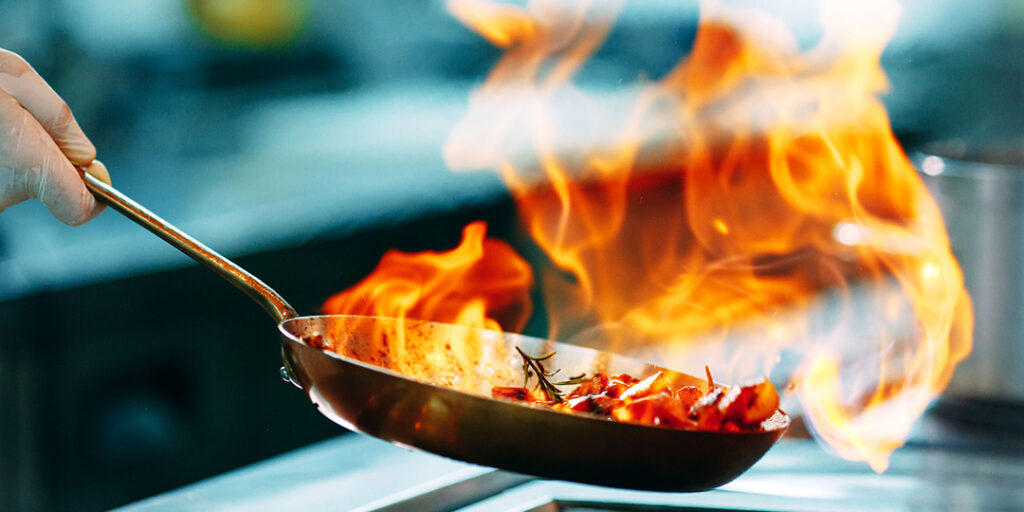If you are trying to determine your best move between opening a brick and mortar restaurant or starting a food truck business, a couple of things are evident: you have a passion for cuisine, you are doing your research, and you don’t want to base decisions on your emotions.
Restaurants are still the dominating leaders of the food and beverage industry making more than $900 billion in 2023 within the US alone, while food trucks grossed about $1.5 billion that same year. Both can be very profitable, but the real question lies here: what is the more likely profitable option for YOU and your concept? Below is a breakdown of various things to consider.
Food Truck Survival Rate to Restaurant Life Expectancy
There is a certain degree of risk to both options, as there is with any other business. However, the brick and mortar option carries a significantly higher risk. According to Restaurant MBA, 25% of food trucks fail within their first year and 60% fail within their first three years. On the flip side, 60% of restaurants fail within their first year and 80% fail before hitting their third-year mark.
So why do restaurants have a higher fail rate? There are five main reasons why restaurants struggle to live for the past three years:
- Lack of funds such as start-up capital
- Poor marketing execution
- lack of knowledge regarding competitors, industry, and the ideal customers
- Wrong location
- Internal issues such as being understaffed, poor customer service, and overall neglect
Consider Your Food Truck Expenses
The main thing that will keep your food truck business prosperous is your financial plan. You need to make a list of all your bases and create a micro-strategy for each ensuring they are covered. Launching a food truck business can cost $50,000 and up. The bulk of your investment will be building a food truck that meets your custom needs, at budget.
You might be tempted to purchase a cheap food truck from a guy off of Craigslist with the goal to save money. This is one of the main reasons why food trucks fail; the owner has continuous breakdowns on the vehicle itself and the equipment resulting in double losses. The ongoing expensive repair bills add up, and while the food truck is out of commission the business is losing money. Investing in a new food truck or getting a few refurbishments from a custom food truck builder may have required more dollars out the gate, but in the long run it will be your saving grace.
According to Food Truck Empire, these are the average costs one sees in running a food truck business:
- Food and inventory – $1000 to $2000
- Kitchen equipment (quoted separately from food truck build) – $25K to $100K
- Routine vehicle maintenance – $1000 to $5000
- Gasoline – $500, taking the average mileage and location
- Cash register / POS system – $200 to $1000
- Fire extinguisher – $100 to $300
- Health permits – $800 to $5000 (based on location and business details)
- Business license – $100 to $500 (based on city / county / state)
- Insurance – $2000 to $4000 annually (based on the level of coverage)
- Internet & phone – $100 to $200
- Staff – If you intend to hire staff to consider hourly wages, as well as taxes and worker’s compensation
With the average food truck working full-time 5 days a week grossing more than $300,000 in 2017 the start-up investment is not overwhelming, especially if you have investors backing you up.
Plan for these Restaurant Expenses
The expense breakdown for starting a brick and mortar restaurant is significantly greater with more risk. Launching a restaurant can range from $100,000 to $1 million dollars and is based on concept, location, and size. Here are some estimates to think about:
- Rent – $10,000 to $20,000
- Utilities – $2500 to $5000
- Location improvement / remodeling – $200,000 to $500,000
- Decor / furniture – $40,000 to $80,000
- Kitchen & dining utensils / bar equipment – $80,000 to $150,000
- Food and beverage – $8000 to $15,000 (basic including bar stock at higher end)
- Insurance – $6000 is the average. Could be more considering location, liquor liability, unemployment insurance, special peril insurance, and liability type
- Permits and licensing – $5000 to $20,000 (health permits, liquor and business licenses depending on city / county / state)
- POS – $20,000
Other Things to Consider in Running a Restaurant
Simply put, running a restaurant offers more pitfalls to navigate. If you are set on this option, learn what else you will be dealing with that the food truck business mercifully escapes. These include the following:
- Resale is more tricky as it involves real estate law, more technical permits, and tax issues)
- City and Fire safety inspections are random and if you fail the grade you get shut down
- Food handling standards are more rigorous
- Liquor licensing interplays into other caveats of the restaurant’s ability to be profitable
- Legal – Opportunities for legal problems surge in restaurants as opposed to food trucks. For example, if a guy trips over a broken sidewalk while eating your taco he would sue the city whereas slipping on your floor on his way to the bathroom would likely result in a court date
Talk to a Food Truck Builder
The best food truck builders will be able to give you a solid forecast based on your concept, brand, location, budget, and other factors. Do your research but also ask food truck companies who their successful clients are, and discover what they did to make a profitable business. If you have the capital and want to go bigger with a restaurant, talk to a small business adviser, and get a deeper understanding of the pros and cons.
In the meantime, the food truck industry is on fire and has become a much-loved part of popular culture. Food trucks are not a trend or a fad; they are ingrained in how we identify with our cities and ourselves as individuals. Research your options hit the street, and share your love with the world through innovative, fun cuisine!









